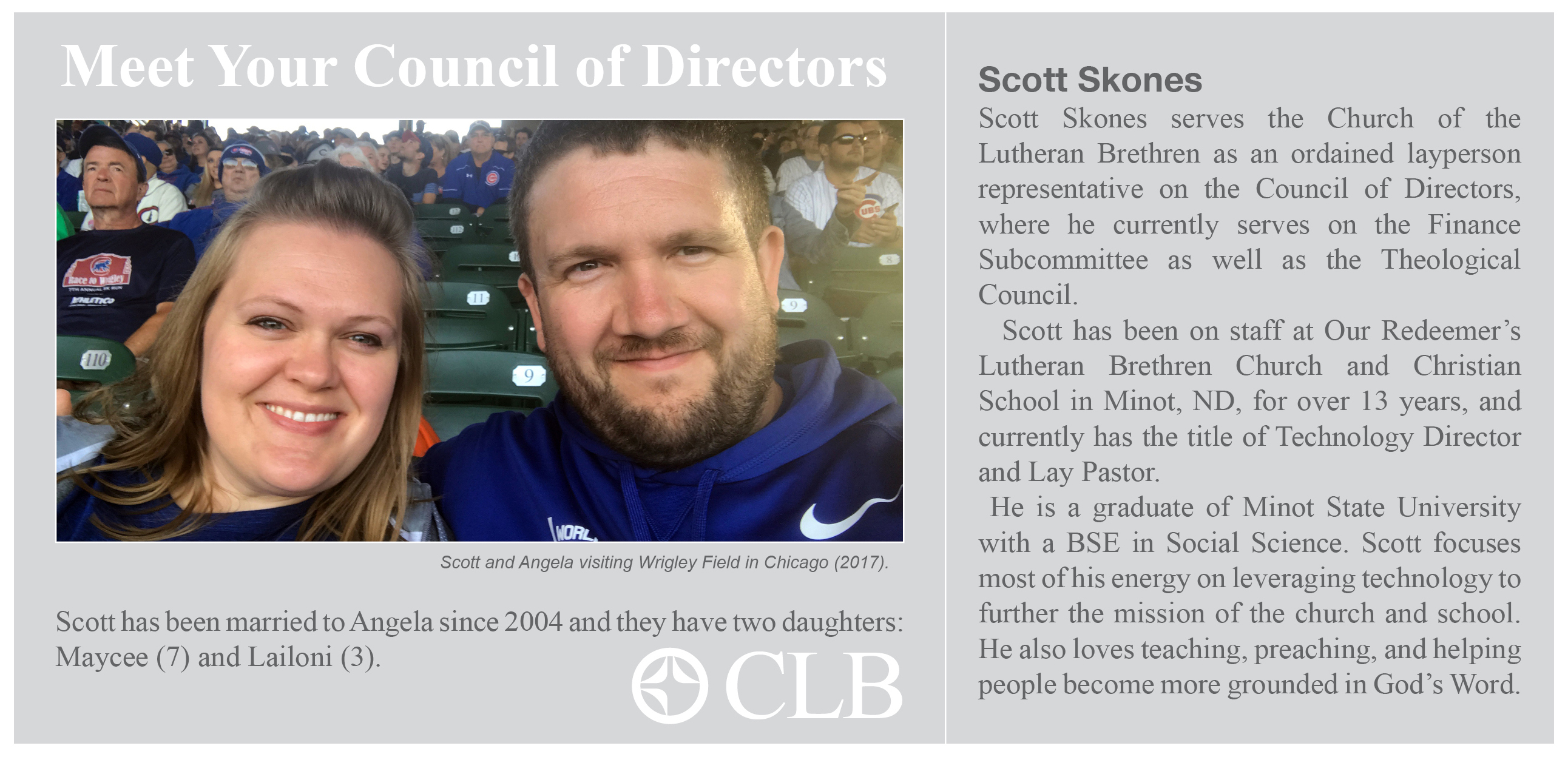
“When you do that, it makes Jesus sad.” That phrase, or your own personal variant, is a sure indication that you’ve hit “rock bottom” as a parent. All of the traditional tricks, tactics, and manipulative techniques that parents through the ages have used to manage their children’s behavior have failed, leaving you with no other choice.
Now do not get me wrong, our sin grieves God. However, in a desperate attempt to control our children, we end up reinforcing the theology to which we are all naturally already inclined: A theology that sees God as oscillating from happy and pleased to angry and wrathful multiple times a day as our behavior changes. A theology in which we begin to actually believe that we can satisfy God on our own if we can only “turn the corner” in a couple of areas.
I vividly remember driving down the highway as a teenager, and narrowly missing a head-on collision with another vehicle. I came face-to-face with the reality of life and death, and in that instant came to the realization that I had very little assurance of my standing before God. I was a baptized, confirmed, youth group-attending, Summer Servant Team-trained, well-behaved church kid who even co-hosted a weekly evangelistic radio show. Yet, I had absolutely no sense of assurance as to where the eternal chips would fall if I died.
Everything inside and outside of me subscribed to an economy of merit. I intrinsically desired to justify myself, or at the very least, to feel like I deserved salvation. What is worse is that the Church had served to reinforce that. Salvation was advertised as a free gift to be received by faith alone, but the unwritten (yet clearly implied) source of assurance was my behavior and progress. My assurance was in feeling rather than fact—which is actually no assurance at all. It hinged on my level of personal dedication and spiritual surrender. It dangled by the thin thread of my ability to maintain my status as a “good Christian.”
Are you exhausted yet?
When the Holy Spirit illuminated the words “a righteousness that is by faith from first to last” (Romans 1:17) in the mind and heart of Martin Luther, a wave of spiritual peace and assurance swept far and wide. This Sola Fide (Faith Alone) runs contrary to human nature and understanding, but breathes objective assurance into the troubled soul that finds weakness and frailty in the strongest resolve it is able to muster.
As we spend this 500th anniversary of the dawn of the Protestant Reformation reflecting upon the significance and contribution of the Reformers and their work, let us consider two Reformation themes that are worthy of the time and attention of the Church and the Christian.
Faith is God’s Work
The Reformation gave us the tremendous gift of an emphasis on God’s work in our salvation. The author of Hebrews reminds us that God is the author of our faith (12:2). The Apostle Paul, in his letter to the church in Philippi emphasizes that it is God who began a good work in us (1:6). Finally, in the Explanation of Luther’s Small Catechism we confess that “I cannot by my own reason or strength believe in Jesus Christ, my Lord, or come to him, but the Holy Spirit has called me through the Gospel…”
J.A. Motyer said, “The human will offers no security of tenure.”
Depending on your background, you may either read this statement as a tremendous relief, or as “fighting words.” Whatever your feelings, one thing remains true: If we look to ourselves for assurance, there is little to be found.
We can rest in the fact that God is the initiator of our faith. This does not detract from the personal and living nature of saving faith in Christ. The Reformers unquestionably believed and taught that living and saving faith in Jesus Christ bears fruit in our lives and relationships. But we find rest in the scriptural hope that our faith depends upon God’s promise and God’s resolve. We would all agree that the promise of God is a much stronger anchor for assurance than any measure of resolve that we can muster up from within ourselves.
In Sola Fide, We Find Christ Himself
Martin Luther said, “Faith alone is the means or instrument whereby we lay hold of Christ…”
In Philippians 3, the Apostle Paul pens a beautiful and moving testimony of his desire to “consider everything a loss” that he might “gain Christ and be found in him.” As he develops this grand thought, Paul emphasizes that all of this is both conceived and received through faith alone in Jesus Christ. All that it means to “gain Christ,” Paul says, “comes from God on the basis of faith.” In other words, in Faith Alone we find the Savior, Jesus Christ.
That assertion collides with the typical human understanding of religion and how we relate and interact with God or whatever divine presence one might affirm. Our nature is to view faith as an on-ramp to the freeway. It is what got us pointed in the right direction. It was our initiation, our starting point for the Christian life. But now that you’re on, you need to perform. You need to achieve. You need to become holy, useful, qualified, mature, and sanctified. You need to give, sacrifice, confess, and worship properly in order to keep your god happy.
The hope of the Gospel, as rediscovered during the Protestant Reformation, is that in faith we don’t find an on-ramp to the freeway. Instead, we find Christ himself! Sola Fide is not an initiation into a hamster-wheel life of trying to please God, but rather a vessel in which we receive the One who secured God’s pleasure for us for all eternity.
We can rest in the promise that faith, which we receive as a gracious gift from God, is the basis for our standing with God. God provides exactly what he requires.
I pray that, as we commemorate 500 years of Reformation, you find that rest. The rest that frees your heart and mind from fear of a God who oscillates from happy and pleased to angry and wrathful. The rest that anchors your assurance in Christ’s work on your behalf rather than in human will or resolve.
I pray that we also rediscover urgency. Our world is every bit as much in need of the liberating and saving message of Sola Fide now as it was 500 years ago. I pray that God awakens within us an understanding of the theological gift that we have to share with a dark and perishing world.
May the liberating Reformation message that we are saved by grace alone through faith alone in Christ alone find its way into this world through the CLB as we rediscover it for ourselves.
Scott Skones is Technology Director and Lay Pastor at Our Redeemer’s Lutheran Brethren Church in Minot, North Dakota. He serves as a representative from the Western Region on the Church of the Lutheran Brethren’s Council of Directors.


